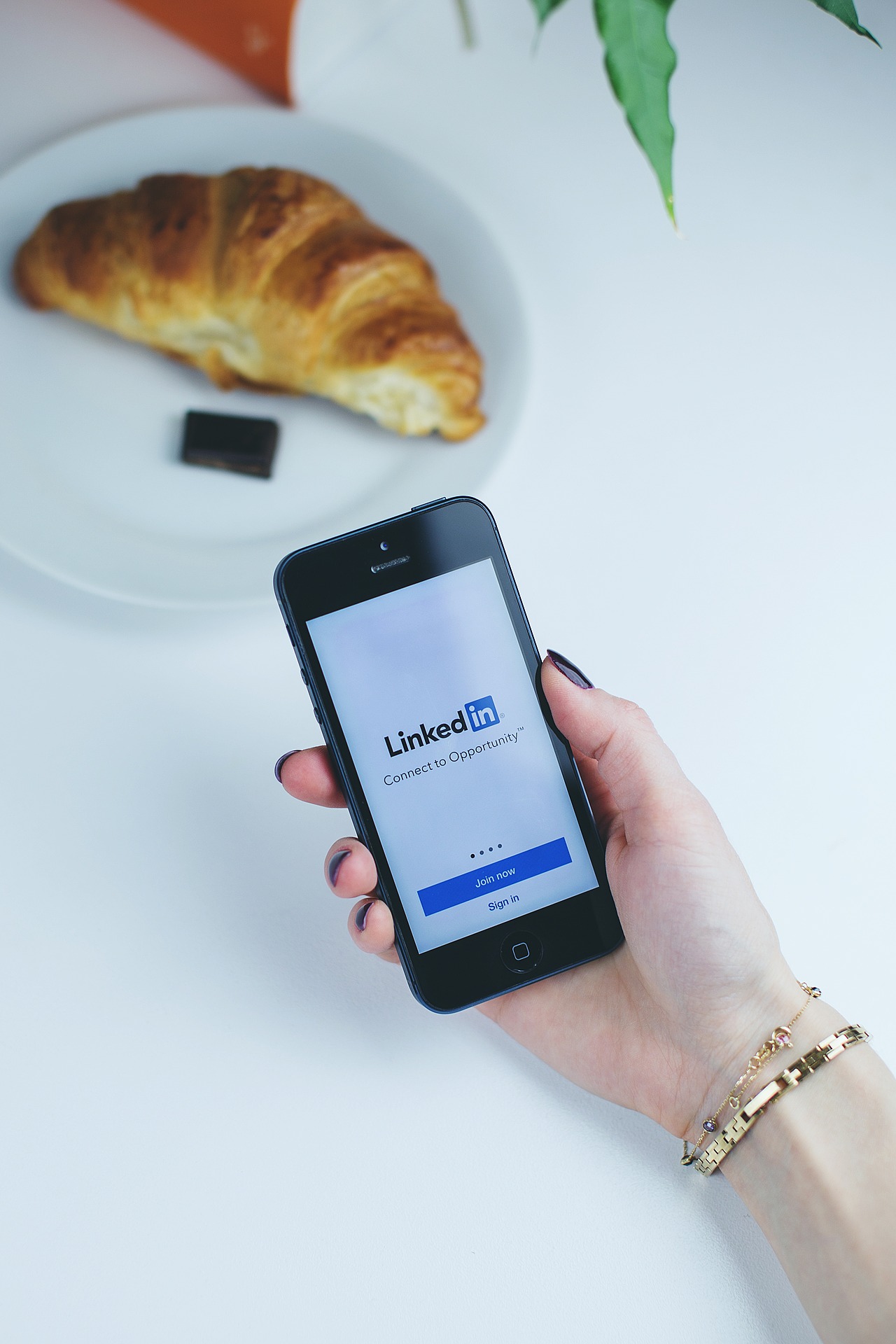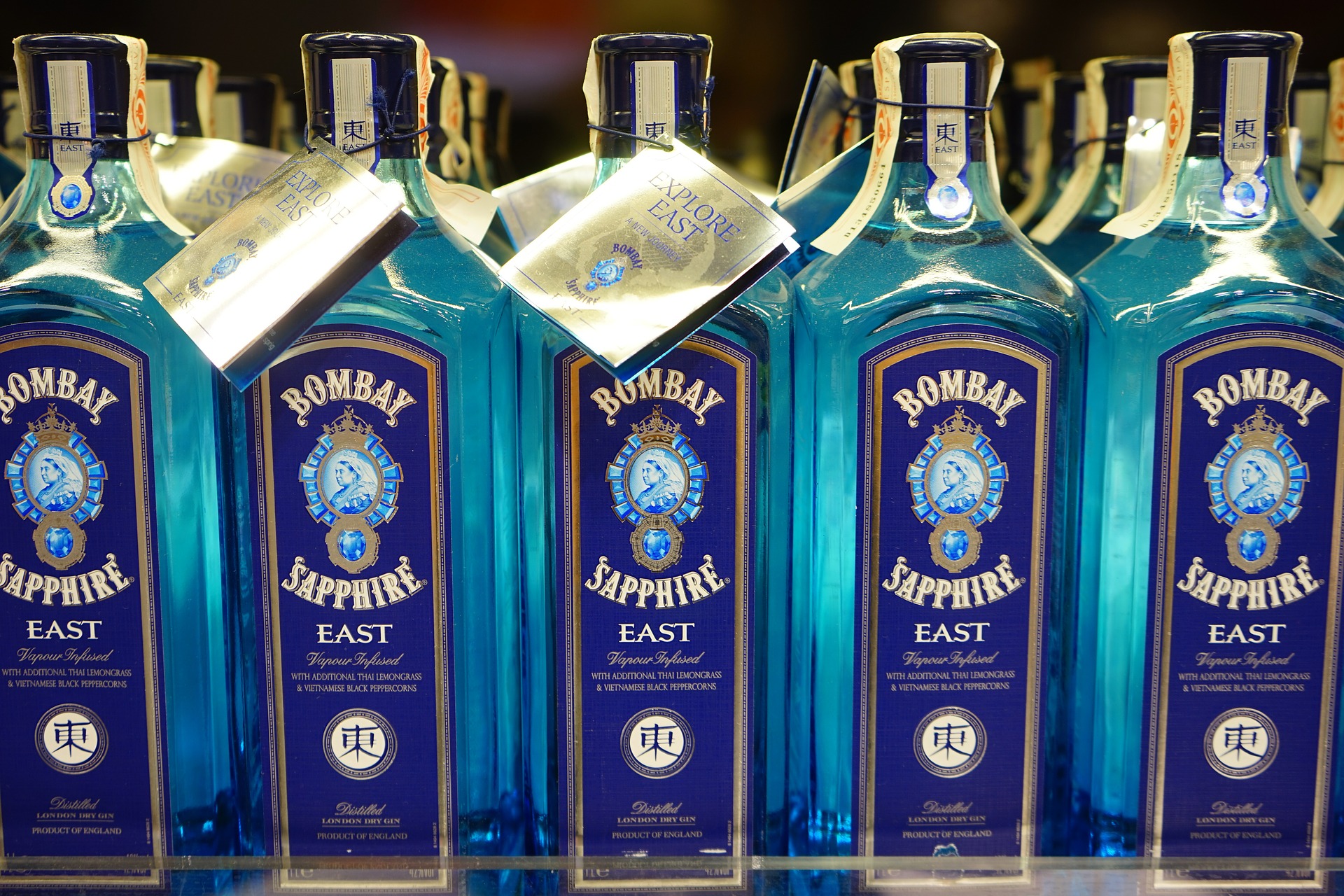

Each month in Connect magazine, marketing expert Chris Journeaux discusses the current issues facing the industry. This month, he lists the dos and don't's of personal marketing.
"Are you a trifle shy when it comes to letting others know of your skills? A bit reticent to shout out through LinkedIn, and let people know about the award you received, the new service you offer or the qualification you earned? I am.
"I am a heavy user of LinkedIn and often feel a sense of jealousy when I read other’s posts, celebrating their achievements. Glenda Rivoallan, Founder of Soulgenic is a case in point. Never showy, but selling her business through her own skill set. I envy that. Others make me cringe, but then I wonder if that is simply a lack of confidence, or just my mother telling me as child not to be arrogant, remember the success of others. Somewhere that well-meaning message got mangled and I shut up shop on the personal marketing front.
"What Glenda is doing, of course, is simple marketing strategy. Not a claim to being the best of the best, but rather making the point that her business is as good as they claim because of the awards she and her team have picked up. Who wants to be part of a health experience from people not very sure of their own abilities?
"The solution is a simple one: start marketing yourself. Get over the insecurities and cringes. Most of the criticism will be from those jealous of your accomplishments, rather than making coherent comment on your self-promotion.

Pictured: There is nothing wrong with a little self-promotion, so stop being shy and get out there!
"Enough pop-psychology; what does personal marketing, or personal branding as it is often termed, actually mean and how should you go about working on it? Probably best to begin with what it should not be. This is not self-aggrandisement. You need substance, depth to your communication that translates into competitive advantage. The creation of a personal brand is not about telling others you are amazing but rather that the job you can do for them will be amazing. A subtle but crucial distinction. Like most things in marketing, then this process should be guided by strategy.
"For example, I am a trained tour guide with a recognised qualification. During my time guiding groups of anywhere between two people and 80, I accrued many testimonials thanking me for the tour, lauding my guiding skills. I am kind of proud of that, but it holds no currency in my current roles. What might a marketing client care about my knowledge of Neolithic boat building, or the early history of Mont Orgueil Castle. In short, none. Time to let that go along with my Level 2 in Food Hygiene.

Pictured: " check your LinkedIn profile and ensure you actually look like the person pictured," says marketing expert Christopher Journeaux.
"This is the cleansing stage. In marketing terminology, the personal brand audit. Start by aligning your skills with the services you offer and make sure what you communicate is relevant and supports the brand you want to present. Next, start to consider yourself as a brand. How do you want to be seen by clients and customers? Think about it in terms of association. When people think of you, what do you want to be the association? Take care here. Be realistic about what this might be and support it with the easy stuff.
"For example, check your LinkedIn profile and ensure you actually look like the person pictured. I arranged to meet a guy recently whose picture suggested he was young and energetic; and then met a man with retirement clearly in his sights. Being genuine is never as critical as when developing a personal brand.
"How do you operate your social media channels? Do you like, love and share or do you actually engage? A common failing in this process is the focus on channel and not the content. You say nothing about who you are or what value you add if all you do is share other’s content or post the inane. Activity, or even just use of digital channels, does not a personal brand make. What value can you add to your clients’ experience of the sector in which you both operate. If you know this then leverage benefit from it and deliver on that value.

Pictured: Bombay Sapphire might be the "poster child of traditional gin with a heritage to shout about," their approach is not appropriate for personal branding.
"The next task is to develop a brand story for yourself. More caution is required here. You are no doubt familiar with this process for products or services. Consider Bombay Sapphire, the poster child of traditional gin with a heritage to shout about. The name and bottle hark back to the days of the Raj even though nothing specific is stated to claim that legacy. Go to the distillery website and this story reaches back through the centuries, even if much of this appears dominated by paper making rather than gin. The fact that it launched in the late 80’s seems largely overlooked. This approach is not appropriate for personal branding. There will be someone who knows you well; knows of your professional history and sector-specific experience. There is no room for even the slightest intimation of a personal brand story that is anything but authentic.
"Given all this, you are largely good to go. Create, curate and share relevant content that is in tune with your sector and that of your target clients. Be real, honest and promote yourself. Surely, it is time to let go of that shyness and begin the journey to selling yourself as well as you sell your services."
You can read the digital edition of Connect here.
Comments
Comments on this story express the views of the commentator only, not Bailiwick Publishing. We are unable to guarantee the accuracy of any of those comments.